Fear: If unchained, faith-based bias would crush LGBT medical care
Colin Stewart is a 45-year journalism veteran living in Southern…
Gay Africans barred from medical care. A rise in HIV infections in homophobic countries. Reduced access to health care for LGBTI people both in the United States and abroad. Those are some of the consequences that human-rights and health-care activists fear if the United States adopts a current proposal to allow U.S.-funded health care providers to discriminate on the basis of religious beliefs.
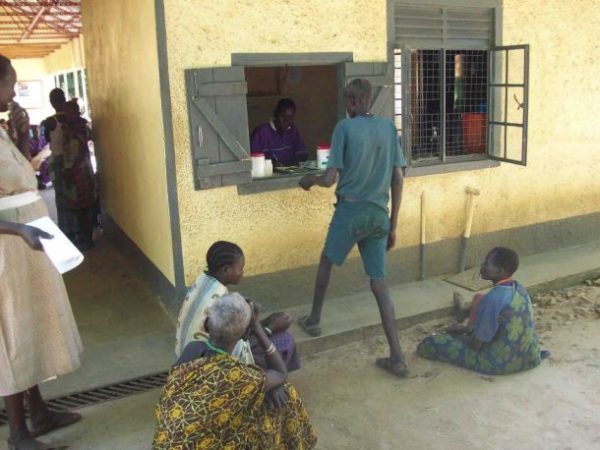

“This regulation is really dangerous,” says Kikonyogo Kivumbi, executive director of the Uganda Health and Science Press Association. “The proposed rule will endanger the health and well-being of all Americans, particularly LGBT people, but also have dire implications on overseas vulnerable populations including LGBT persons.”
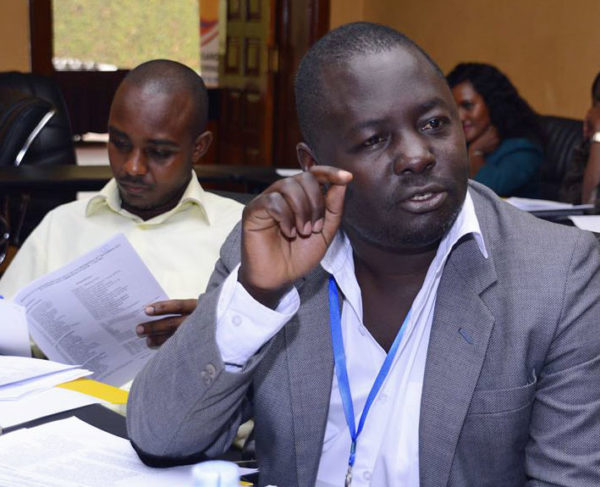
“The regulation, if passed, will cause a halt, scale-back or abandonment of vital LGBTI and vulnerable populations’ access to life-saving care, treatment and support in HIV management. It will mean that overseas faith-based health care providers, recipients of U.S. federal tax credits, can send away patients based on their religious values,” Kivumbi said.
“The proposed regulation impermissibly expands exemptions for religiously affiliated providers to deny care on religious grounds without adequately considering the considerable harm this is likely to pose for patients. …
“In Uganda, like many African homophobic countries, religious-institution-managed health care accounts for over 80 percent of health care output in some areas.”
According to statistics from the Ugandan Ministry of Health, 41 percent of all hospitals in Uganda are owned by private not-for-profit organizations, most of which are faith-based.
In a submission today to the Office for Civil Rights in the U.S. Department of Health and Human Services, Kivumbi argued against the proposal.
Human Rights Watch also urged the department to reject the proposed new regulation, focusing particularly on how transgender people in the United States would be affected.
“Based on our research, we believe the proposed rule would exacerbate discrimination against transgender people in medical settings and would negatively affect their health and rights,” HRW stated.
This is Kivumbi’s submission to the U.S. Department of Health and Human Services:
I am not a United States citizen, but a direct beneficiary of US taxpayers’ overseas development and health care aid. As a Ugandan national member of the LGBTI community. I find the proposed Section 1557 regulation a danger to overseas health-care access by vulnerable and left-behind populations.
These populations that are criminalized based on their sexual orientation and or gender identity have only U.S. government support to access health care, and also open up legal and policy barriers that prevent them from accessing life-saving medication.

Much of this health care is through faith-based health institutions. By allowing health care providers to turn away people in need of health care, the U.S. is implying that its overseas development aid can do the same. The proposed regulation impermissibly expands exemptions for religiously affiliated providers to deny care on religious grounds without adequately considering the considerable harm this is likely to pose for patients.
In Uganda, the US government through PEPFAR, the U.S. President’s Emergency Plan For AIDS Relief, [addresses] the global HIV/AIDS epidemic and helps save the lives of those suffering from the disease.
The proposed rule will endanger the health and well-being of all Americans, particularly LGBT people, but also have dire implications on overseas vulnerable populations including LGBT persons. Uganda is one of the most hostile countries to LGBT populations. I urge U.S. lawmakers to consider the implications of this regulation to overseas health care programs that are saving lives that may be disrupted if overseas faith-based institutions choose to implement the same in their own countries.
- Source: “Understanding the roles of faith-based health-care providers in Africa: review of the evidence with a focus on magnitude, reach, cost, and satisfaction,” The Lancet, July 6, 2015.
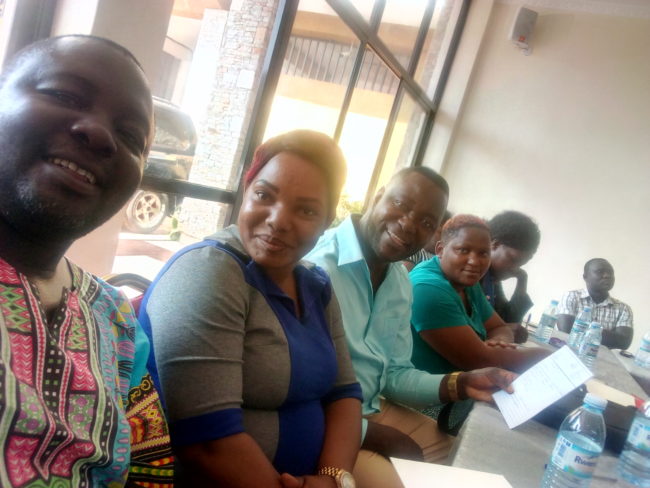
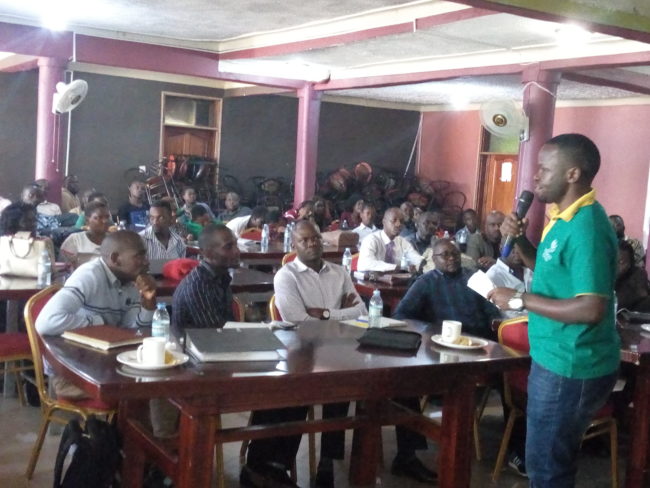
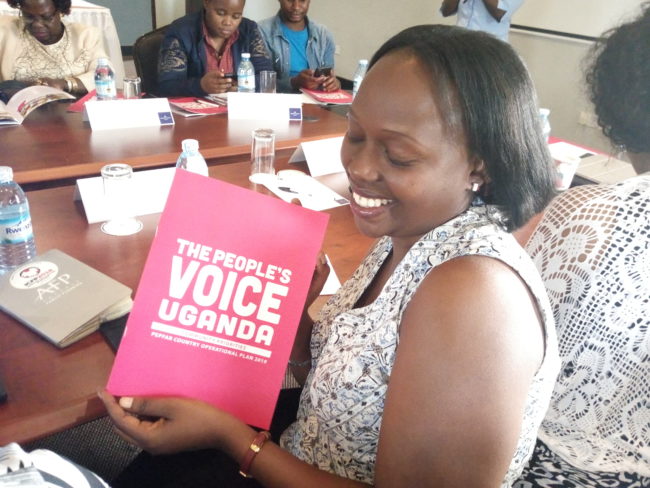
Related articles:
- Uganda honors the work of this blog’s activist writer (
- LGBTI activists seek greater role in Uganda AIDS battle (
- Uganda: Anti-LGBT stigma restricts health care; HIV rate up (Feb. 7, 2017, 76crimes.com)
- Hurrah! Uganda prepares to rein in anti-gay anti-Aids agency (January 2016, 76crimes.com)
- Will anti-gay Ugandan derail Global Fund efforts? (December 2015, 76crimes.com)
- Fighting AIDS with rural LGBTI, sex workers in Uganda (August 2015, 76crimes.com)
- Uganda: U.S. picks AIDS contractor, ousts anti-gay group (July 2014, 76crimes.com)
- Anti-gay fervor in Uganda hurts region’s AIDS projects (May 2014, 76crimes.com)
- Uganda: Raided clinic reopens with scaled-back services (May 2014, 76crimes.com)
- Uganda police raid U.S. military AIDS clinic, order it shut (April 2014, 76crimes.com)
- Other articles by and about Kikonyogo Kivumbi




